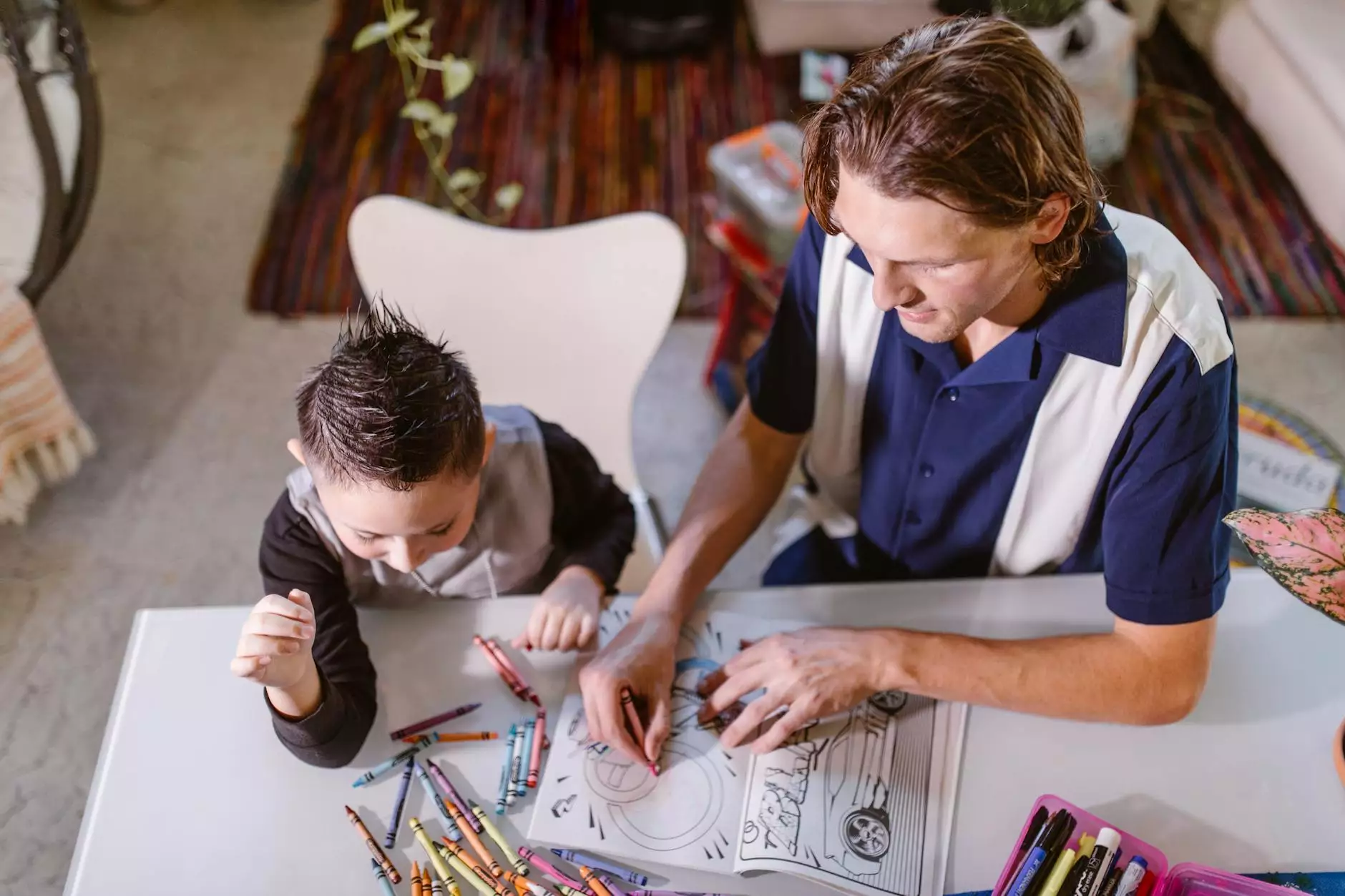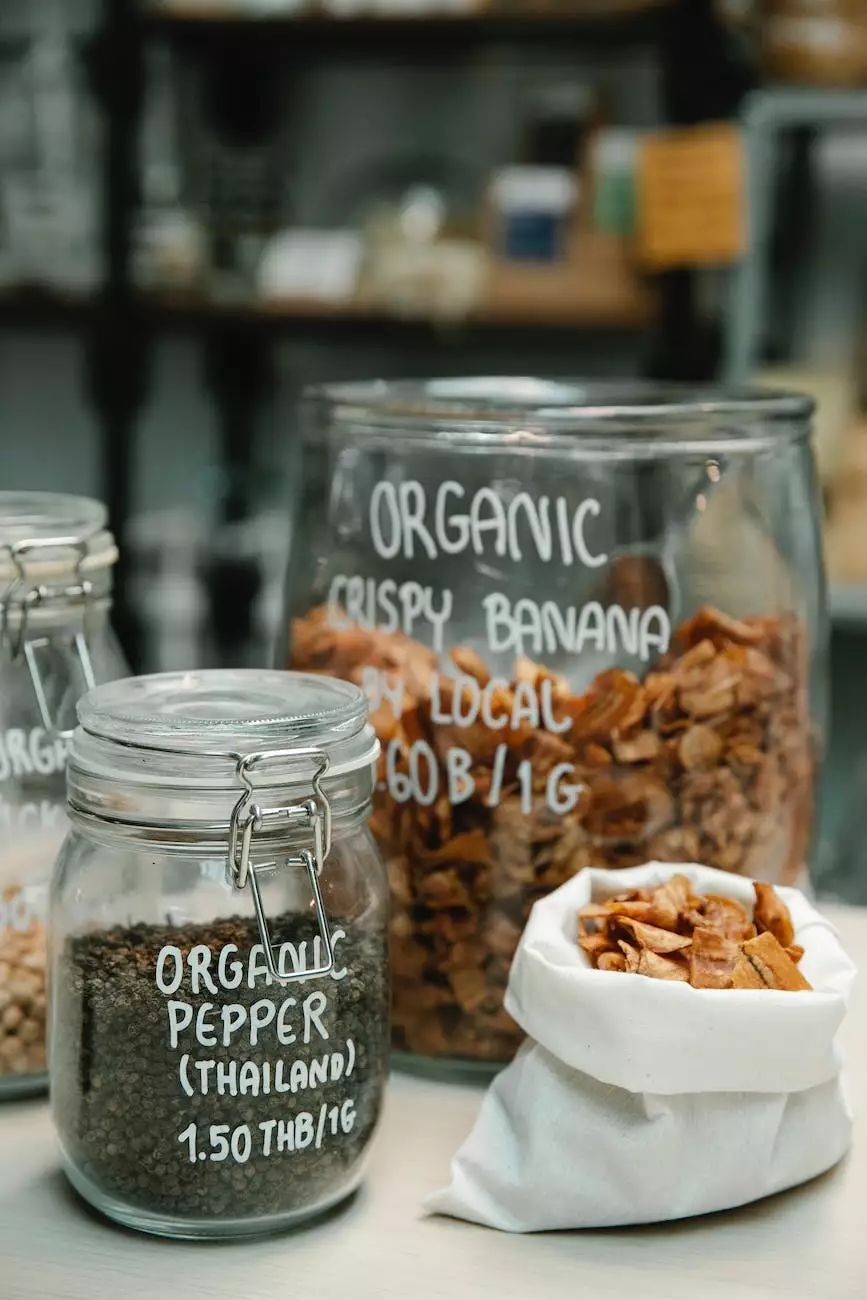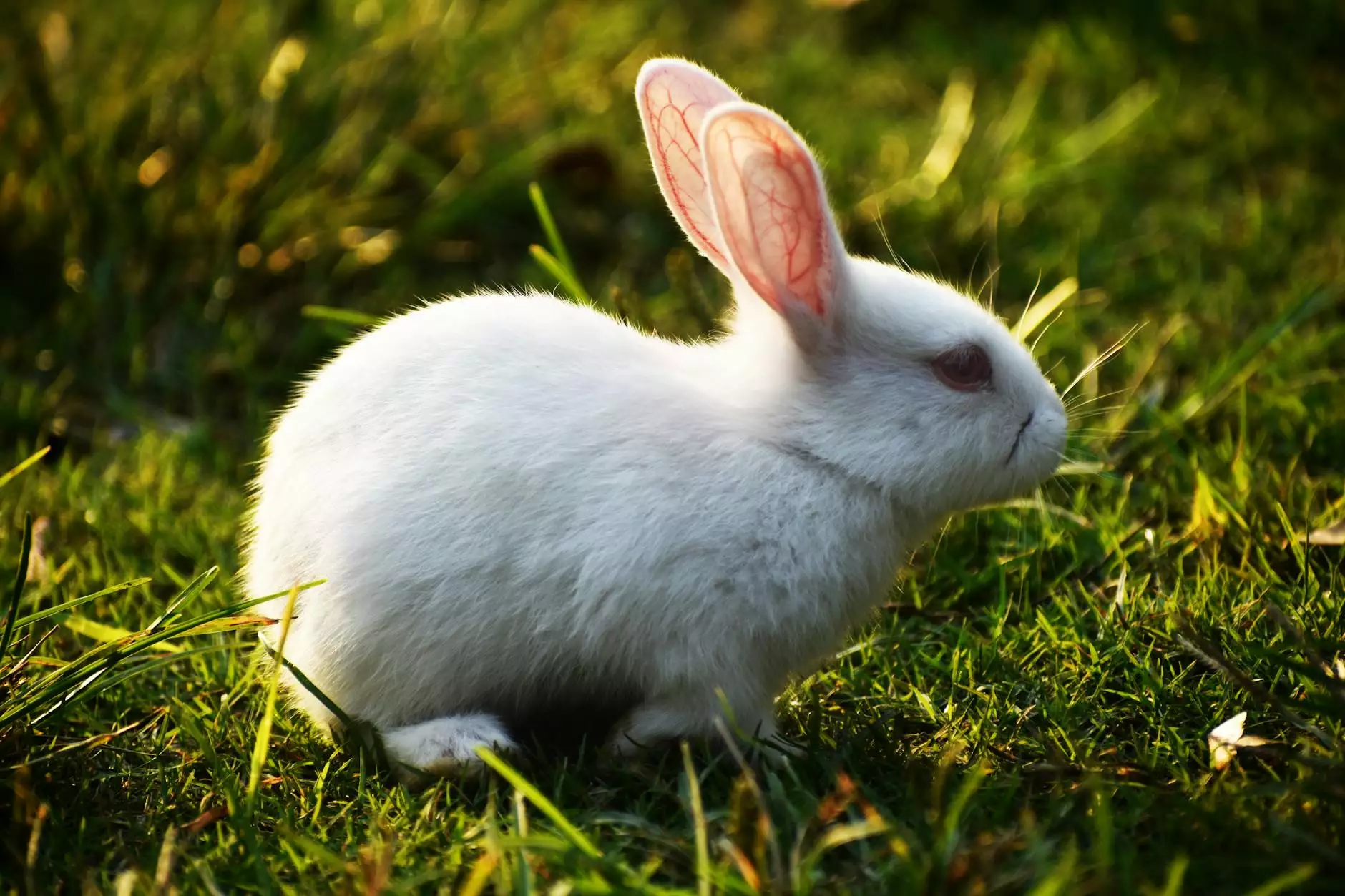Help Your Child Develop Fine Motor Skills
Baby Items
Welcome to TVMOTC Used Clothing and Equipment Consignment Sale's guide on helping your child develop fine motor skills. In this comprehensive resource, we will provide you with useful tips, techniques, and activities for enhancing your child's fine motor skill development. Fine motor skills are essential for everyday activities such as writing, buttoning clothes, using utensils, and many more.
Why Are Fine Motor Skills Important?
Fine motor skills involve the coordination of small muscle groups in the hands, fingers, and wrists. They play a crucial role in a child's overall development and are directly linked to their cognitive, social, and emotional growth. By enhancing fine motor skills, children gain greater control over their movements and can perform various tasks with precision and ease.
Activities to Enhance Fine Motor Skills
1. Playdough Fun: Playing with playdough helps strengthen hand muscles and improves finger dexterity. Encourage your child to roll, flatten, squeeze, and mold the playdough into different shapes. This activity is not only enjoyable but also aids in developing fine motor control.
2. Scissor Skills: Introduce child-friendly scissors to your child and teach them how to cut simple shapes or lines. This activity promotes hand-eye coordination and enhances hand strength, precision, and control.
3. Puzzles: Engage your child in age-appropriate puzzles that involve grasping and manipulating smaller pieces. Completing puzzles helps develop hand-eye coordination, spatial awareness, problem-solving skills, and finger dexterity.
4. Stringing Beads: Give your child a string and some colorful beads. Encourage them to thread the beads onto the string, which enhances finger control, bilateral coordination, and hand strength.
5. Fine Motor Crafts: Engage in craft activities that involve cutting, pasting, coloring, and gluing. These crafts help refine hand movements, promote creativity, and develop coordination skills.
Developmental Milestones for Fine Motor Skills
Children reach different milestones at various ages. Here are some general guidelines to track your child's fine motor skill development:
Infants:
- 0-3 months: Begin to grasp objects voluntarily.
- 3-6 months: Show an increased ability to hold, shake, and explore objects.
- 6-9 months: Start picking up small objects and transferring them between hands.
Toddlers:
- 12-18 months: Can scribble with a crayon or hold a spoon.
- 18-24 months: Attempt to stack blocks or place objects into containers.
- 2-3 years: Show increased finger control and the ability to copy simple lines or shapes.
Preschoolers:
- 3-4 years: Use safety scissors effectively, draw recognizable shapes, and manipulate smaller objects.
- 4-5 years: Can draw people, write their own name, and complete more complex puzzles.
Tips for Parents
1. Encourage your child to use both hands during activities to develop bilateral coordination.
2. Provide age-appropriate toys and tools that promote fine motor skill development.
3. Offer different types of materials like clay, stickers, and crayons to diversify sensory experiences.
4. Give your child ample opportunities for self-care activities like buttoning, zipping, and tying shoelaces.
5. Break down complex tasks into smaller, achievable steps to prevent frustration and boost confidence.
Conclusion
In summary, fine motor skills are essential for your child's overall development. By incorporating various activities, milestones tracking, and providing a supportive environment, you can assist your child in developing fine motor skills effectively. Remember to make the activities enjoyable and age-appropriate while giving room for exploration and growth.
Explore TVMOTC Used Clothing and Equipment Consignment Sale's eCommerce & Shopping category for more resources and tools to aid your child's fine motor skill development.










